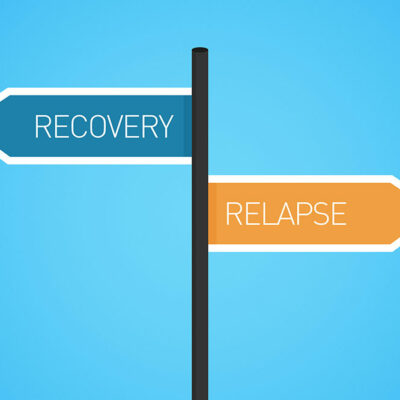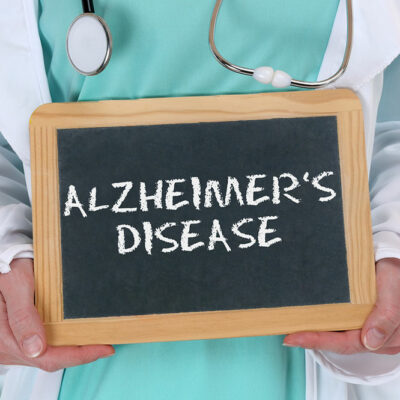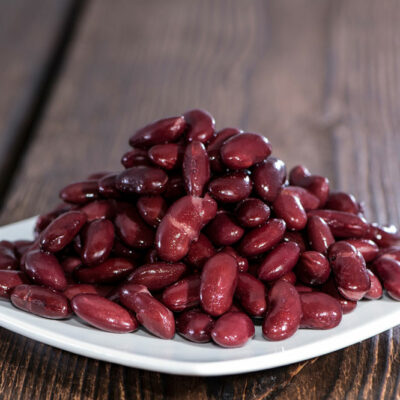
7 interesting facts about arthritis
Arthritis is a medical condition that leads to inflammation and pain in one or more joints. The ailment reduces body movement due to the severe pain caused when there’s friction between the bones connected by the affected joint. A vast majority of the population suffers from this disease, which underlines the importance of having complete knowledge about it. On that note, here are seven interesting facts to get you started: Arthritis affects everyone, not just the elderly While older people are more susceptible to developing arthritis, children, youngsters, and adults aren’t exactly immune to the disease. As of March 2019, close to 300,000 children were diagnosed with some form of arthritis, and conservative estimates predicted the number to increase in every age group by 2040. There are over 100 types of arthritis Unlike most diseases, arthritis doesn’t have a fixed form and can develop in different ways. Some types of arthritis are more common than others, with rheumatoid arthritis, osteoarthritis, and gout being among the commonly diagnosed forms. Juvenile rheumatoid arthritis, psoriatic arthritis, and seronegative arthritis are the other commonly occurring forms of arthritis. Climate doesn’t affect arthritis It has often been claimed that warm weather conditions reduce arthritis pain and the inflammation associated with the condition.
Read More 







